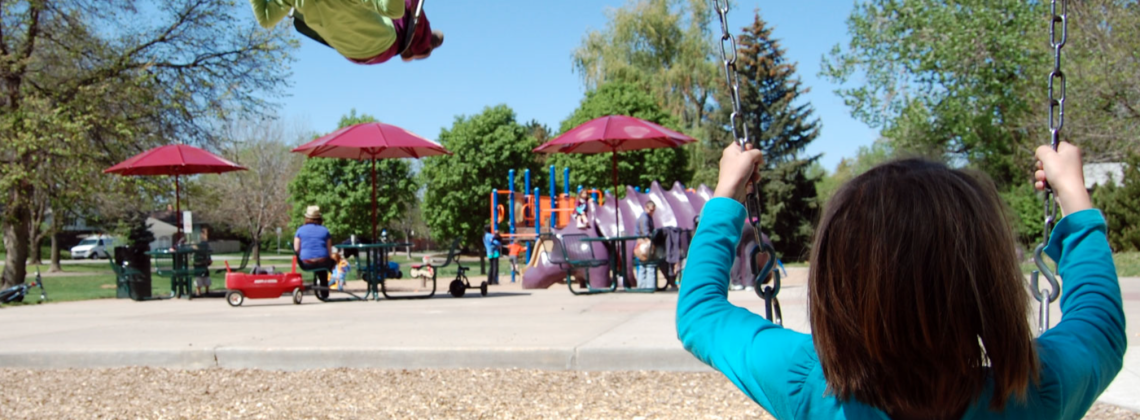

It’s an epic in the making
This piece launches our summer series “Oh The Places We Went.” It may be the last vestige of childhood in the souls of grown-ups, but summer somehow feels different from the rest of the year. Summer may involve travel or it may mostly just involve a different schedule at home, especially for those of us with kids or who work in the education sector. In this series, we collect stories and reflections that consider these summertime adventures in all their complexity and simplicity.
*
In Anno Domini 416 one of Rome’s last pagan politicians and writers, one Rutilius Namatianus, concluded the most distinguished political post of his career—a year-long stint as the prefect of Rome. Upon the end of his commitment he returned home to Gaul. As it happens, we know more about his voyage home than any other aspect of his life, including his prefecture. It appears that taking the longer, scenic route by sea, instead of traveling by land, made for an epic journey. That makes sense. A great epic voyage home, after all, has just one important prerequisite: You must leave home to journey back.
But no one said you must go far.
Our own epic journey begins in the early morning most Saturdays this time of year. I pack second breakfast, elevenses, lunch, second lunch, and snacks for the younger two kids and coffee for me. Each of us grabs a book as well, because we’re that kind of family. Appropriately packed for the day-long journey, we set off on my children’s favorite weekend odyssey: the playground crawl. Our first stop often is a wooden playground built in the shape of a castle, located next to a trailhead for the Green Belt, the sixteen-mile loop that winds through and around the entire town. Years ago my oldest was painfully stung by a bee at this playground and refused to ever go there again. But the younger two have no such baggage. The bees have long since moved on, anyway.
We might never have known about Rutilius Namatianus’ lengthy and roundabout trip home had he not written an epic poem about it, De Reditu Suo (About His Return). A relatively short epic in two books, its poetic medium nevertheless bombastically harkens back to that age-old tradition, beginning with Homer’s Odyssey, of writing epics about the return of the noble hero to his beloved home and hearth. On the Roman side of things, Vergil’s Aeneid, the quintessential Roman epic, also tells of the arduous voyage of the hero Aeneas, the proto-founder of Rome, from his old home of Troy to the new one in Italy. In undertaking his own epic, Rutilius Namatianus consciously, deliberately, and longingly wrote himself into this same tradition. We can laugh at his delusions of grandeur all we want, but Rutilius was on to something important after all. Perhaps all we need to create our own epics is the awareness that any adventure, even the most mundane, can be important and in its own small way glorious, especially in the eyes of a child.
Before departing the wooden castle for our next stop, my daughter and I walk a small distance on the trail. Two college-aged guys jog by. Alarmed, my daughter stops. Putting her excellent lungs to good use, she exclaims about one of the joggers: “Mom, that guy has lost his shirt!” This seems like a good time to leave. Our next stop is less than a mile away and is the newest playground in town. Opened to much fanfare just a year ago, it is right on the lake, and is often invaded by gaggles of overly aggressive geese on the prowl for snacks. But today nary a goose is in sight. After a hasty second breakfast the kids are off to climb and run around some more, returning periodically to our picnic table to rehydrate.
The British custom of the “pub crawl” involves visiting multiple drinking establishments over the course of a single evening. There is excitement involved in switching venues frequently, and perhaps some element of surprise if you do not know where you will go next. Participants just know that the fun will continue until they pass out. The playground crawl operates on the same principle, but is more appropriate for children and takes place in the daytime.
The sun is high in the sky, and the kids are ready for the next round of food and water. Soon after the meal known as first lunch, we drive across town to our third stop: a playground just a couple of blocks from the public library. My son is excited to run across a friend there from the drama class he took this year at the Cultural Arts Center. The friend has a brother with her, and suddenly the four kids all play together for a while, until the parental units decide that sufficient sweat has been shed to redeem the time outside.
The purpose of epic, as the Homeric heroes remind us, is to commit great achievements to memory forever. Faced with a choice of either living to old age without fame or dying young but achieving eternal glory through epic poetry, the hero Achilles chooses the latter without hesitation. Epic poets themselves echo their heroes’ sentiments repeatedly in their desire to be remembered. But what about the smaller epic adventures, like our playground crawl? As the cliché goes, families build memories through shared experiences. And so we create our own humble epic tales, ones that perhaps our children will recall later to their own children.
It is approaching dinnertime, and I buckle two sweaty and dirt-coated children into the car. Two minutes into the drive home I hear the tell-tale sound of vigorous thumb sucking, which can only mean one thing: My daughter is fast asleep in her car seat. My son is quiet as well, absorbed in his book.
Later in the evening, as my husband gives each of the kids their nightly bath, washing the grime off the weary travelers, I hear my son excitedly rehashing his entire day. Epic tales, that integral part of entertainment in oral cultures, were always meant to be told and retold. And while they may sound better in poetry, I love them just as much in my children’s prose.
Nadya Williams is the author of Cultural Christians in the Early Church (forthcoming Nov. 2023 from Zondervan Academic). Her next book, Priceless, is under contract with IVP Academic. She is Book Review Editor for Current, where she also edits The Arena blog.